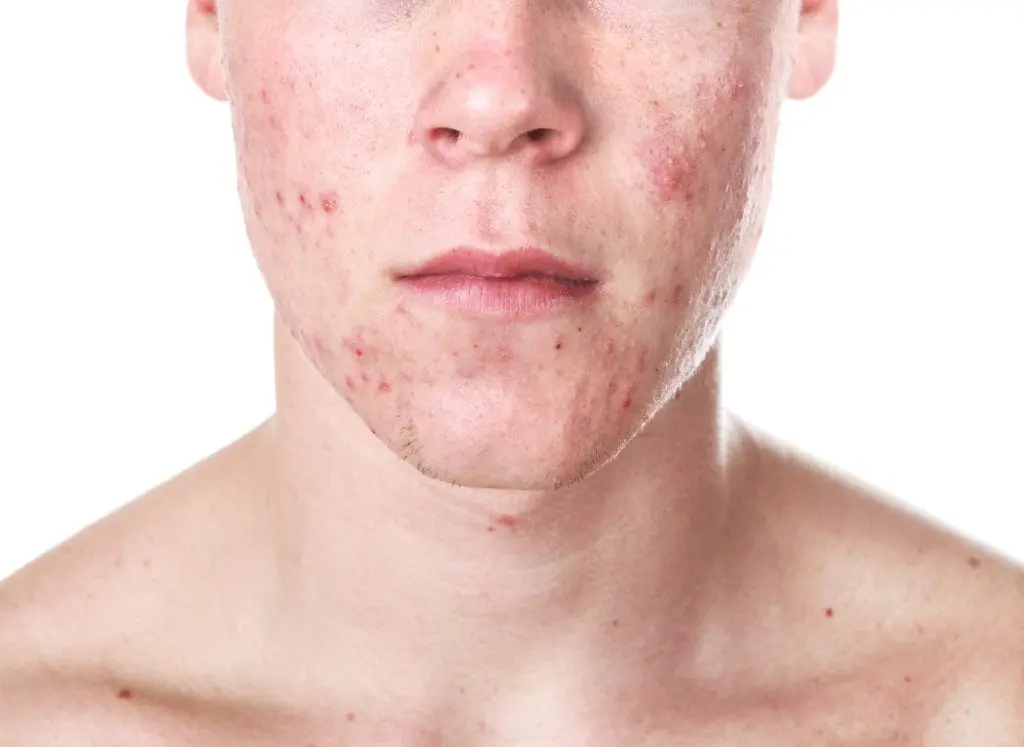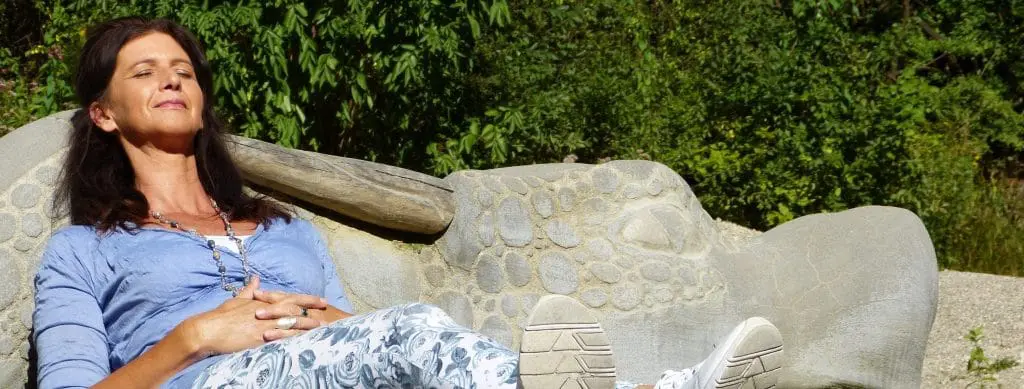Treating Acne at its Source – The Benefits of a More Targeted Holistic Treatment
In an increasingly appearance-conscious society, our skin is too often seen as a reflection of our status and value. It is no wonder that those with skin conditions such as acne become increasingly self-conscious and even avoid socialising with friends and family. More than simply a condition of adolescence, acne can have a devastating impact […]
Treating Acne at its Source – The Benefits of a More Targeted Holistic Treatment Read More »


